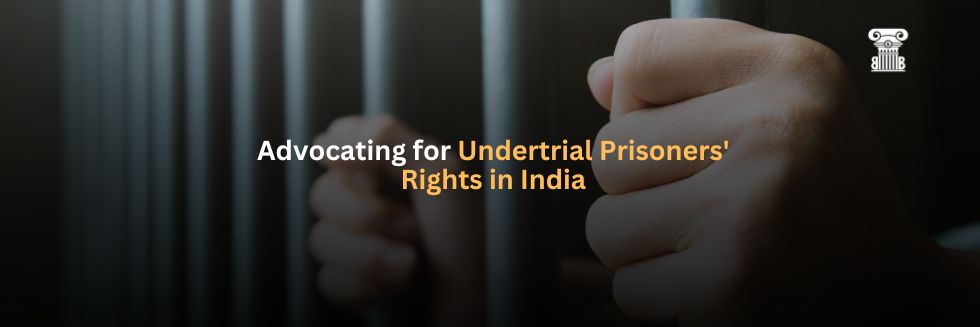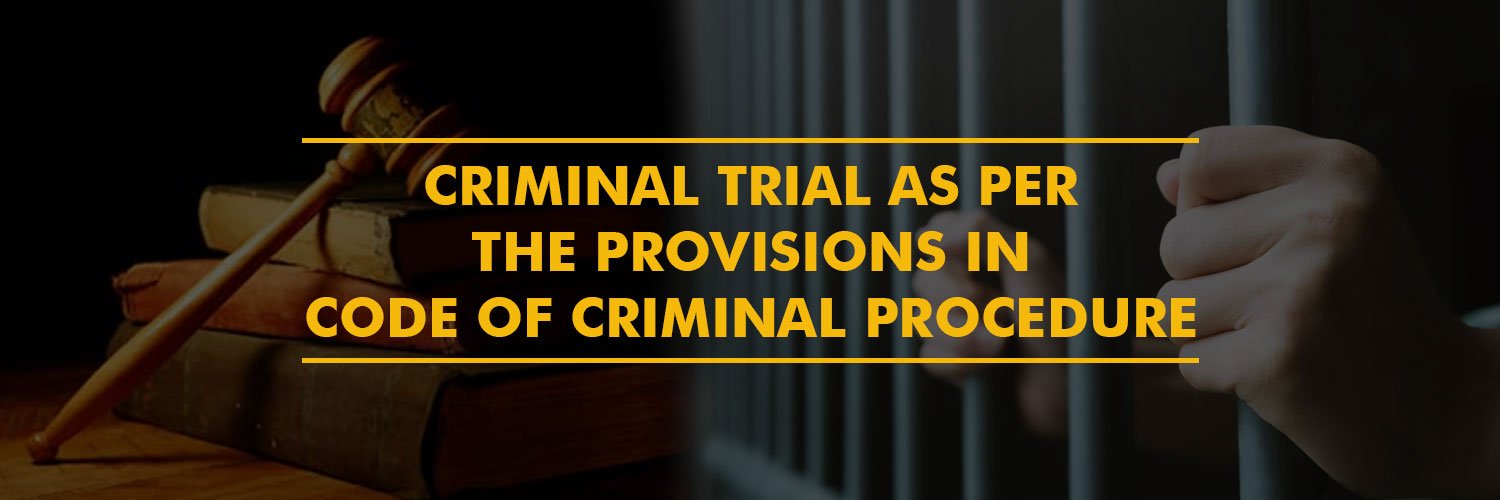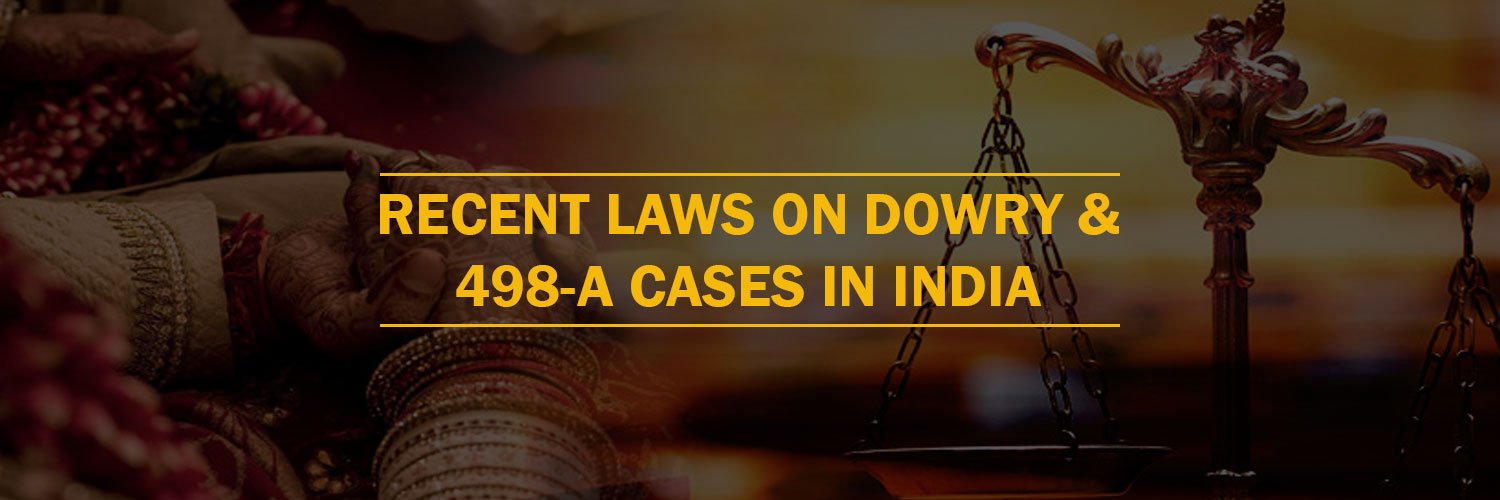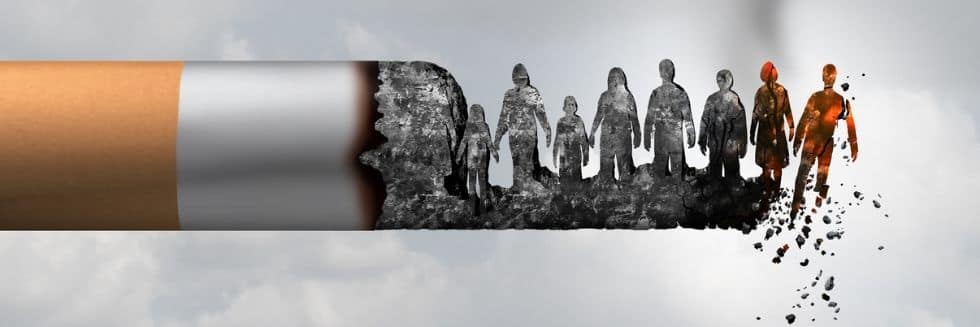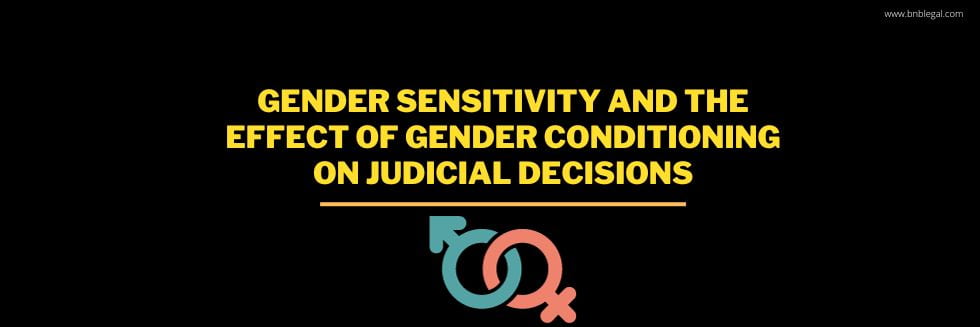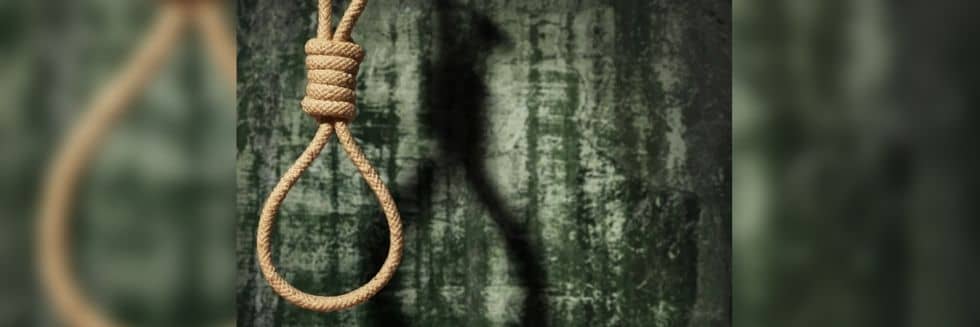In the complex web of India’s legal system, the issue of undertrial prisoners remains a pressing concern that demands urgent attention. Undertrial prisoners are individuals who are detained in custody during the course of a trial but have not yet been convicted of any crime. While the legal framework provides for the presumption of innocence until proven guilty, the reality often paints a starkly different picture.
THE HARSH REALITY OF CONFINEMENT:
- Overcrowding and Inhumane Conditions:
One of the most glaring issues plaguing the Indian prison system is the problem of overcrowding. Prison facilities across the nation are bursting at the seams with the number of inmates far exceeding the capacity designed to accommodate them. This overcrowding leads to inhumane conditions with prisoners crammed into tight spaces lacking access to basic amenities such as adequate food, clean water and proper healthcare.
In the case of Bhim Singh v. Union of India, the Supreme Court issued a set of instructions to state officials to facilitate the release of under-trial prisoners who have served half of their potential maximum prison term. However, the issue persists that these individuals although not convicted of a crime are required to serve half of a potential sentence. This situation indirectly violates their fundamental right to personal liberty.
- Prolonged Detention Without Trial:
Another alarming aspect of the plight of undertrial prisoners is the prolonged detention they endure while awaiting trial. Due to various factors such as court backlogs, inefficiencies in the legal system and delays in the dispensation of justice, many undertrial prisoners are forced behind bars for years on end without their cases being heard. This prolonged detention not only denies them their fundamental right to a speedy trial but also amplifies their suffering and prolongs the cycle of injustice.
- Violence and Abuse in Jail:
Prisons are frequently hazardous environments for their occupants. Group violence is prevalent and riots occur frequently. Physical mistreatment and extrajudicial torture by prison officials are commonly observed in India. Additionally, the conduct of prison authorities is not criminalized leading to negligent actions that can and often do result in the death of inmates.
In the case of Charles Sobraj v. Superintendent Central Jail, Tihar, New Delhi, the Supreme Court examined the oppressive treatment experienced by under-trial prisoners. The Court emphasized that the judiciary must intervene to safeguard the constitutional rights and statutory provisions of prisoners. It was reaffirmed that imprisonment should not result in the negation of fundamental rights.
- Bail and poverty:
Undertrials can be categorized into two main groups: those whose cases are pending in the competent courts and those who are eligible for bail but cannot afford to pay for the same. It has been observed that a significant portion of undertrials comes from marginalized sections of society with 53% being Muslim, Dalit and Adivasi.
Additionally, approximately 29% of undertrials are illiterate and 42% have not completed secondary education. Most undertrials are impoverished individuals who face financial difficulties. To address this issue, the Law Commission in its 268th report recommended that impoverished individuals who are unable to pay bail should be released without the need for sureties or bail.
In the case of Moti Ram & Others v. State of Madhya Pradesh, the Court held that bail should be granted liberally to individuals from economically disadvantaged backgrounds and the bail amount should be determined based on the financial condition of the accused.
- Socioeconomic Disparities and Lack of Legal Representation:
A critical examination of the issue reveals deep-rooted systemic failures that contribute to the plight of undertrial prisoners. Socioeconomic disparities play a significant role with marginalized communities disproportionately affected by the shortcomings of the legal system. Lack of access to quality legal representation further exacerbates the situation as underprivileged individuals often find themselves at a disadvantage when navigating the complexities of the legal process.
In the case of Khatri & Others v. State of Bihar, the Supreme Court reaffirmed the right to free legal services for accused individuals. The Court directed magistrates to inform the accused of their entitlement to legal aid. Furthermore, the Supreme Court ordered the discharge of defendants in particular cases where trials had not commenced within specified timeframes.
- Flaws in the Legal System:
The Indian legal system while allegedly designed to uphold justice and protect the rights of citizens is not without its flaws. Bureaucratic red tape, corruption, and inefficiencies plague the system resulting in delays and miscarriages of justice. Additionally, the prevalence of ancient laws and punitive measures further compounds the challenges faced by undertrial prisoners, perpetuating a cycle of oppression and marginalization.
REFORMATORY MEASURES
- Strengthening Legal Aid Mechanisms:
Efforts to address the issue of undertrial prisoners must begin with strengthening legal aid mechanisms to ensure that all individuals have access to competent legal representation regardless of their socioeconomic status. This includes expanding the reach of legal aid services, providing training and support to lawyers and implementing measures to streamline the legal process and reduce delays.
- Promoting Alternatives to Incarceration:
Beyond addressing the symptoms of the problem, meaningful reform requires exploring alternatives to incarceration and adopting a more rehabilitative approach to justice. This includes investing in community-based programs, diversionary measures and restorative justice practices that prioritize the rehabilitation and reintegration of offenders into society.
- Advocating for Policy Change:
At the heart of the matter lies the need for comprehensive policy reform aimed at addressing the root causes of the issue. This includes revisiting existing laws and policies, promoting transparency and accountability within the criminal justice system and enacting measures to safeguard the rights and dignity of all individuals regardless of their legal status.
In the case of Sunil Batra v. Delhi Administration, the court emphasized its duty to reform prison practices and safeguard the rights of prisoners. It was held that disciplinary autonomy within prisons cannot infringe upon human rights or obstruct access to the judiciary to address grievances. The court stressed the importance of prioritizing rehabilitation over harsh punishment for prisoners.
CONCLUSION:
The plight of undertrial prisoners in India is a sobering reminder of the injustices that persist within our legal system. As a society, we have a moral imperative to stand up for the rights of the most vulnerable among us and to work towards a more just and equitable future.
By advocating for systemic reform, promoting access to legal aid and fostering a culture of compassion and empathy, we can unlock the shackles of injustice and build a society where every individual is treated with dignity and respect.
_________________________________________________________________________________________________________
This article was written and submitted by Sanskar during his course of internship at B&B Associates LLP. Sanskar is a 5th-year BB.A.LL.B student at Geeta Institute of Law.
